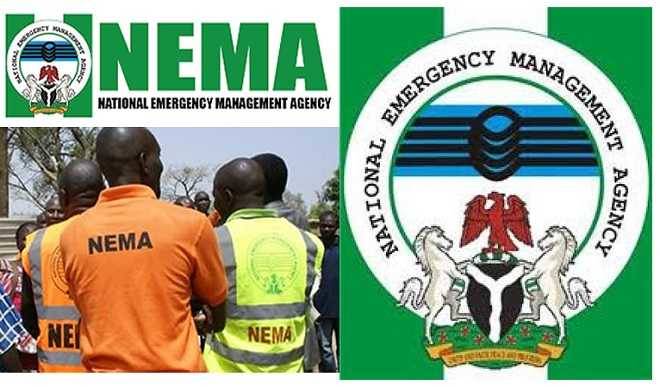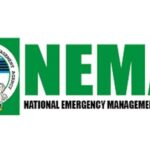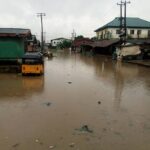The National Emergency Management Agency is to begin coordinating all interventions for disaster management and humanitarian response nationwide through an online platform.
The platform, developed by a nongovernment organization, Christian Aid, will be accessible to humanitarian organisations working in humanitarian, development and disaster relief sector but a front-end dashboard will be accessible to the public.
The launch of the platform, called Humanitarian Intervention Repository (HUIREP) begins so far with 10 states, whose disaster and emergency officials have met in Abuja to fine-tune the platform.
“Their involvement is for them to look at the repository, and tell us: is it user friendly?” said Talatu Aliyu, monitoring, evaluation, accountability and learning manager at Christian Aid.
“They have been very instrumental. They are there to critique and tell us what needs to be implemented and what needs to be removed.
“International non-government organisations will come and go. But NEMA will be there. It is just for us to teach them how to use it. Once we agree and are okay with incorporating all the feedback, they are free to run with it. It is for us to enhance and strengthen NEMA in terms of coordination.”

NEMA coordinates all emergency efforts nationwide—but humanitarian, development, emergency and disaster interventions are provided by dozens of organisations in hundreds of locations across the country.
It has led to duplication of interventions, over concentration in specific locations while other locations are untouched.
On HUIREP, NEMA will create profiles for coordinators in all state-level emergency management agencies. The state coordinators will have authority to create profiles for staff who will in turn have authorization to upload data on interventions, locations, disasters, numbers and responses.
State coordinators will also have authorization to list all humanitarian organisations and development partners contributing to interventions, the interventions in particular, where they are implemented and how many people are covered.
“For this platform, everybody is going to be on the same page,” said Bernadette Obaje, principal search and rescue officer based at NEMA regional office in Jos.
“By the time numbers cascade from NEMA to SEMA to the public, it is sincere and precise.
“The challenge is coming together and agreeing with specific numbers during disasters. This is going to cleave off issues to do with conflicting results. Instead of replicating interventions done by other partners, you go precisely and deal with the interventions that are yet undone.”
She added that NEMA had already accepted the platform and will work to “make sure it is perfect.”
Anambra is among 10 states whose emergency officials were trained on the platform in Abuja.
“For us in Anambra, it is a welcome development, being one flash point in flood disaster and erosion menace,” said Chukwudi Onyejekwe, director of operations at Anambra SEMA.
“It will help us in coordination of disaster management. Reporting it will not be a problem. It will help us in getting donor agencies and partners to assist. It is a new process, and we intend to improve it.”

 Join Daily Trust WhatsApp Community For Quick Access To News and Happenings Around You.
Join Daily Trust WhatsApp Community For Quick Access To News and Happenings Around You.

